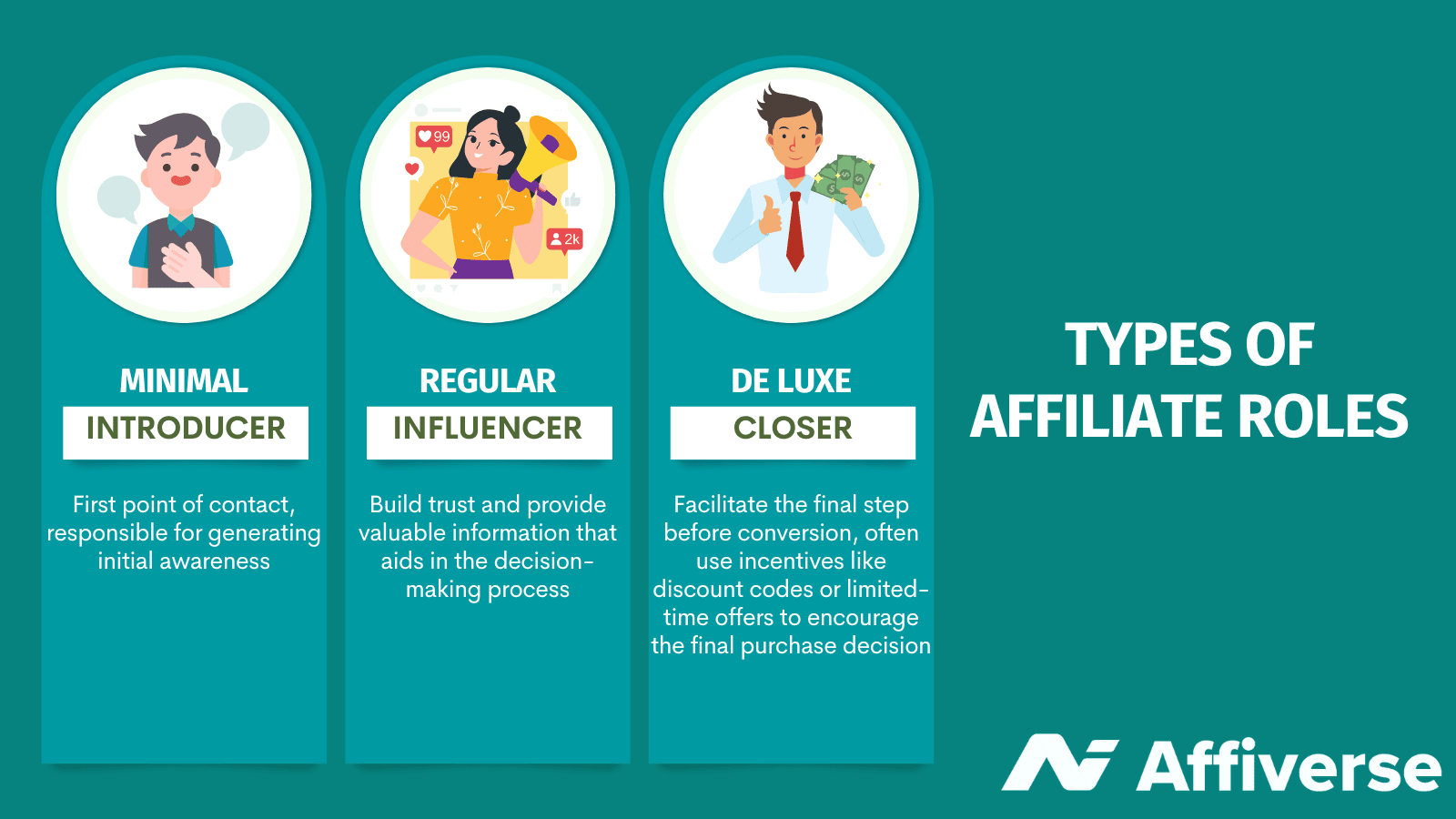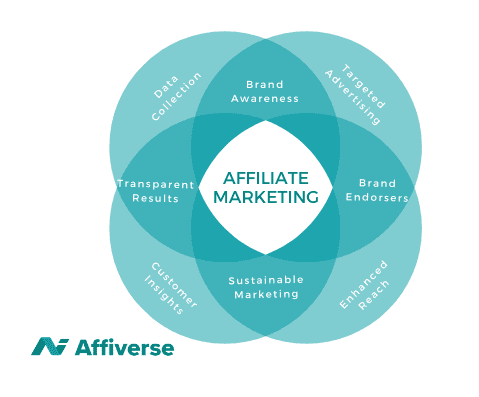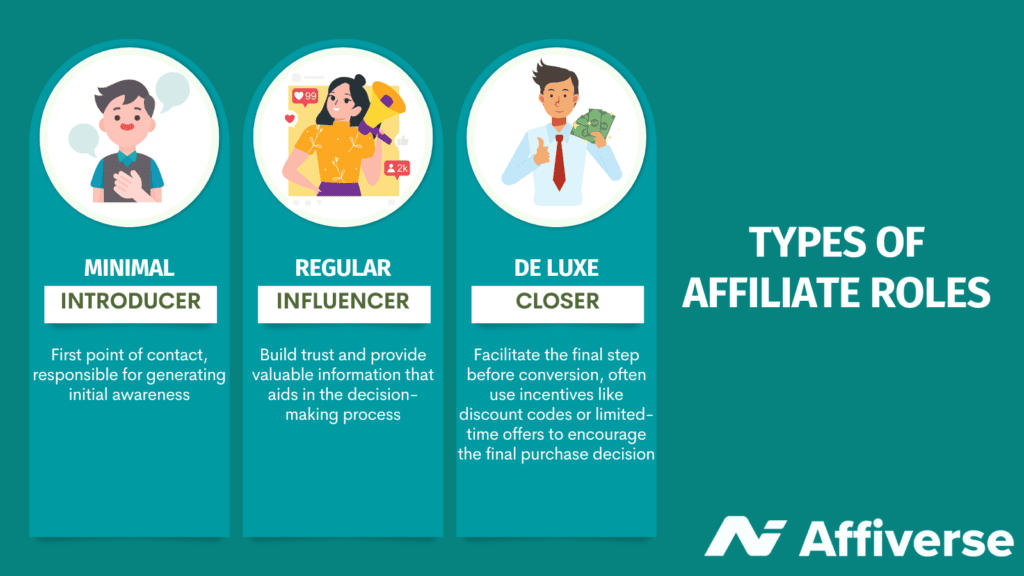Understanding the Retail Customer Journey through Affiliate Marketing

Affiliate marketing is integral to retail’s digital strategy, providing unique insights into the customer journey. This thought leadership piece explores how affiliate marketing helps retailers understand and optimize the customer journey, leveraging popular frameworks and academic sources for a comprehensive analysis.
Understanding the Customer Journey
The retail customer journey comprises a few stages: awareness, consideration, decision, purchase, and post-purchase. Each stage involves various touch points influencing customer behaviours to purchase a project. Understanding this journey and how customers engage and interact online is crucial for delivering personalized and effective marketing strategies.
Stages of the Retail Customer Journey:
- Awareness: Customers first learn about a brand or product.
- Consideration: Customers evaluate and compare different options.
- Decision: Customers decide to purchase a specific product.
- Purchase: The transaction is completed.
- Post-Purchase: Customers experience the product and engage in post-purchase behavior, such as reviews and repeat purchases.
Case Studies and Examples
- Amazon Associates: Amazon’s program provides detailed analytics on customer behavior, helping drive traffic and understanding purchasing patterns.
- Fashion Retailers: Brands like ASOS use affiliate marketing to reach influencers, driving traffic and sales while gaining valuable customer data.
- Tech Products: Companies like Best Buy use affiliate marketing to target tech enthusiasts, aiding in the consideration and decision stages.
The Role of Affiliate Marketing
Affiliate marketing is a performance-based strategy where affiliates promote a retailer’s products or services, earning commissions for sales or leads generated. This approach provides retailers with valuable data and insights at each stage of the customer journey which can help them optimise their site, their product search bars and other factors that influence the customers learning journey before they make a final purchase.
**83% of affiliate customer journeys involve only one publisher. – CJ.com Survey
Therefore, affiliate managers need to make sure that their programs contain affiliates that fit in every purchase phase within the customer purchase journey of buyer awareness funnel.
Awareness and Discovery
Affiliates play a crucial role in the initial stages of the customer journey. By leveraging content creators, bloggers, and influencers, retailers can reach new audiences and increase brand visibility. Affiliates introduce products to potential customers through engaging content, advertisements, and social media campaigns. This stage is vital for generating interest and driving traffic to retailer websites. Think about sites that showcase the product, usage or demonstrations.
Consideration and Evaluation
During the consideration phase, affiliates provide valuable information that helps customers make informed decisions. Detailed product reviews, comparison articles, and demo videos are typical affiliate contributions that aid in evaluating different options. This content is particularly influential as customers weigh the pros and cons of potential purchases. Think of Reviews, Recommendations, and product comparison sites.
Decision and Purchase
Affiliates are instrumental in the decision-making process by offering incentives such as discount codes, special offers, and call-to-action links that drive conversions. By presenting these offers at the right moment, affiliates help to convert interested prospects into actual buyers. Tracking tools and analytics allow retailers to measure the effectiveness of these strategies in real-time. Think about loyalty and offer based sites, email affiliates who know what their customers need and want and can influence them to purchase.
Post-Purchase Engagement
After the purchase, affiliates continue to add value by encouraging customer feedback, promoting product usage tips, and fostering brand loyalty. Follow-up emails, customer satisfaction surveys, and loyalty programs facilitated by affiliates help to maintain engagement and drive repeat purchases. This ongoing interaction is crucial for building long-term relationships with customers.
The Multi-Publisher Impact
17% of affiliate customer journeys involve more than one publisher, resulting in higher average order values, regardless of the publisher type or publisher position in the path-to-purchase. – CJ.com affiliate study
The CJ Affiliate study highlights the importance of utilizing multiple publishers to maximize reach and impact. Retailers that engage with a diverse range of affiliates can tap into different audience segments, leading to a more comprehensive customer journey analysis. Multi-publisher strategies not only enhance brand visibility but also provide richer data for optimizing marketing efforts.
Key Contributions of Affiliate Marketing:

- Data Collection and Analysis: Affiliates track customer interactions, providing detailed analytics that help understand preferences and decision-making processes.
- Targeted Advertising: Affiliates deliver highly targeted ads, reaching potential customers with relevant content at the right time.
- Customer Insights: Retailers gain insights into effective marketing channels and strategies, crucial for optimizing spend and improving engagement.
- Enhanced Reach: Affiliates extend marketing efforts, introducing brands to new audiences and driving awareness and consideration.
Different Affiliate Types Play Different Roles

While some affiliates may drive quicker conversions, they typically engage customers at the final stage of their journey. This can create challenges in evaluating their true value. It’s important not to rely solely on discount code usage as the primary metric for affiliate success. Content creators who enhance brand awareness early with high-quality, wide-reaching content are equally essential to your marketing strategy as those providing discount codes at the conversion point.
Affiliates can generally be categorized into three distinct roles:
- Introducer: These affiliates are the first point of contact, responsible for generating initial awareness. They play a crucial role in making potential customers aware of your brand and products.
- Influencer: Affiliates in this category maintain extended contact with potential customers, often through engaging content that keeps your brand in the customer’s consideration set. They build trust and provide valuable information that aids in the decision-making process.
- Closer: These affiliates facilitate the final step before conversion. They often use incentives like discount codes or limited-time offers to encourage the final purchase decision.
By understanding and leveraging these roles, retailers can maximize the impact of their affiliate marketing strategies across the entire customer journey. This approach ensures a balanced and comprehensive evaluation of affiliate contributions, recognizing the importance of each role in driving overall sales and customer engagement. Below we outline what retailers could do to improve their performance with each Affiliate role:
Introducer: First Contact
- Strategy: Collaborate with bloggers, review sites, and influencers to create high-quality content that introduces your brand to new audiences. Ensure they provide comprehensive and engaging content that highlights your brand’s unique value.
- Considerations:
- Content Quality: Ensure the content is informative and engaging to captivate the audience’s interest.
- Audience Relevance: Partner with affiliates whose audience matches your target demographic.
- SEO Optimization: Encourage the use of SEO best practices to increase visibility.
Influencer: Extended Contact
- Strategy: Work with affiliates who can maintain ongoing engagement with potential customers. This includes creating detailed product reviews, comparison articles, and regular updates on social media.
- Considerations:
- Consistency: Maintain regular communication and content updates to keep your brand top of mind.
- Trust Building: Affiliates should focus on building trust through authenticity and transparency in their content.
- Engagement Metrics: Track engagement metrics such as likes, shares, comments, and time spent on content.
Closer: Last Contact Before Conversion
- Strategy: Collaborate with affiliates who can provide strong calls-to-action, such as discount codes, limited-time offers, and compelling purchase incentives.
- Considerations:
- Incentive Structure: Design appealing and clear incentives to encourage conversions.
- Timing: Ensure offers are presented at the optimal time in the customer journey to maximize impact.
- Performance Tracking: Monitor conversion rates and adjust strategies based on performance data.






